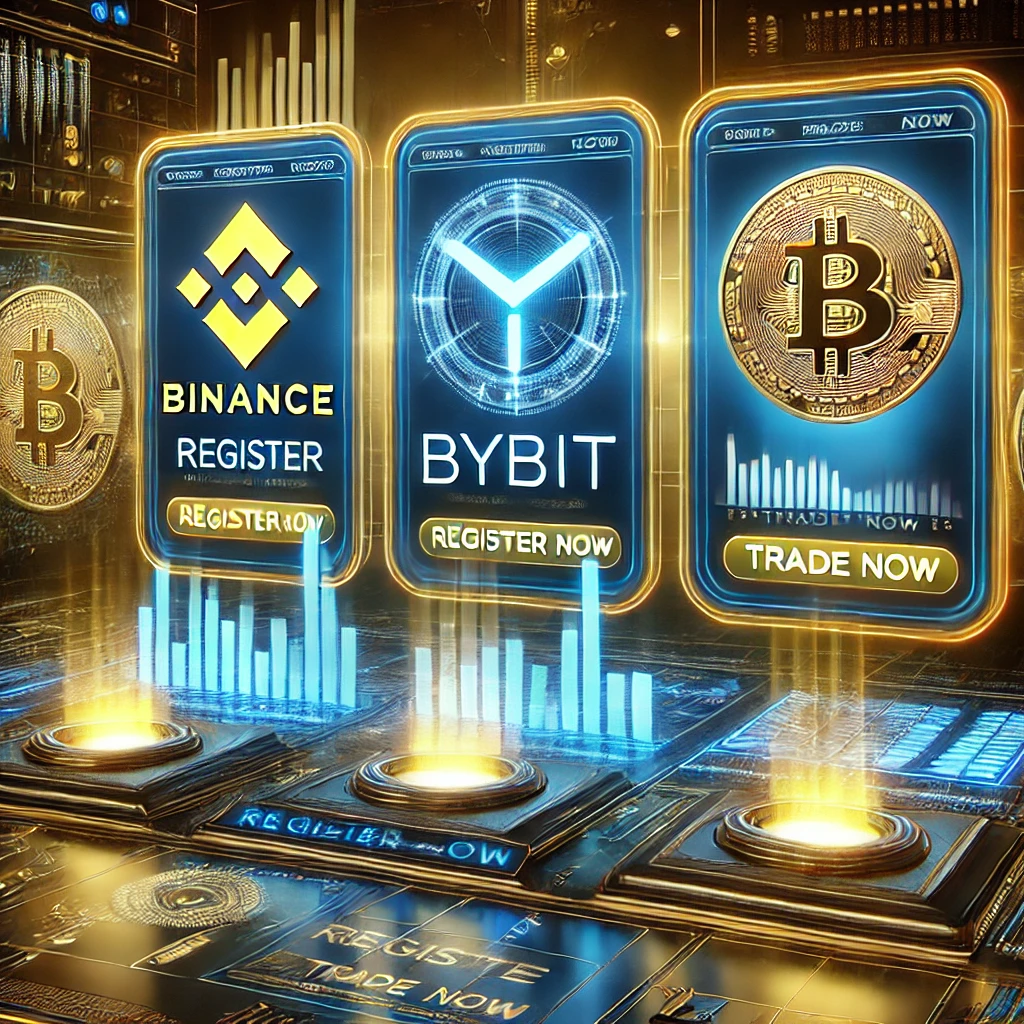Tether (USDT) is available on multiple blockchain networks, including Ethereum (ERC-20), TRON (TRC-20), and Binance Smart Chain (BEP-20). Each version has unique characteristics in terms of fees, speed, and compatibility. In this article, we’ll compare these three versions to help you choose the best one for your needs.
🔹 1. Overview of USDT on Different Blockchains
| Feature | USDT (ERC-20) | USDT (TRC-20) | USDT (BEP-20) |
|---|---|---|---|
| Blockchain | Ethereum | TRON | Binance Smart Chain |
| Transaction Speed | 10-15 minutes | A few seconds | A few seconds |
| Transaction Fee | High (can reach $5-$50) | Very Low (<$1) | Low ($0.10 – $0.50) |
| Security | High (decentralized, PoS) | Moderate | High (Binance-backed) |
| Wallet Support | MetaMask, Trust Wallet, Ledger | Trust Wallet, TronLink | MetaMask, Trust Wallet |
| Exchange Compatibility | Almost all exchanges | Most exchanges | Mostly Binance-related platforms |
🔹 2. Detailed Comparison
2.1. USDT (ERC-20) – Secure but Expensive
Ethereum was the first blockchain to support USDT, and ERC-20 USDT is widely used.
✅ Pros:
- Highly secure and decentralized network.
- Supported by almost all exchanges and wallets.
- Strong smart contract functionality for DeFi integration.
❌ Cons:
- High gas fees, often reaching $10-$50 per transaction.
- Slower transaction speed (10-15 minutes during network congestion).
💡 Best for: Institutional traders, DeFi users, and long-term holders.
2.2. USDT (TRC-20) – Fast and Cheap Transactions
TRON offers low fees and fast transactions, making TRC-20 USDT popular for transfers.
✅ Pros:
- Ultra-low fees (usually less than $1 per transaction).
- Fast transactions (completed within seconds).
- Widely supported by major exchanges like Binance and Exness.
❌ Cons:
- Less decentralized than Ethereum.
- Limited support in DeFi applications.
💡 Best for: Everyday traders, cross-border transfers, and frequent transactions.
2.3. USDT (BEP-20) – A Binance Smart Chain Alternative
BSC provides an Ethereum-compatible environment with lower fees.
✅ Pros:
- Low transaction fees ($0.10 – $0.50).
- Fast transactions (a few seconds).
- Compatible with Binance ecosystem (PancakeSwap, Binance Wallet, etc.).
❌ Cons:
- Not as decentralized as Ethereum.
- Fewer DeFi and wallet options compared to ERC-20 USDT.
💡 Best for: Binance users, DeFi traders on BSC, and cost-conscious investors.
🚀 Which USDT Version Should You Use?
| Use Case | Recommended USDT Version |
|---|---|
| DeFi and Smart Contracts | ERC-20 |
| Low-Cost Transactions | TRC-20 |
| Binance Smart Chain Users | BEP-20 |
| General Trading | TRC-20 or BEP-20 |
Want to start trading USDT today?
🔗 Trade USDT on Binance
🔗 Trade USDT on Exness
Which USDT version do you prefer? Let’s discuss in the comments! 🚀

